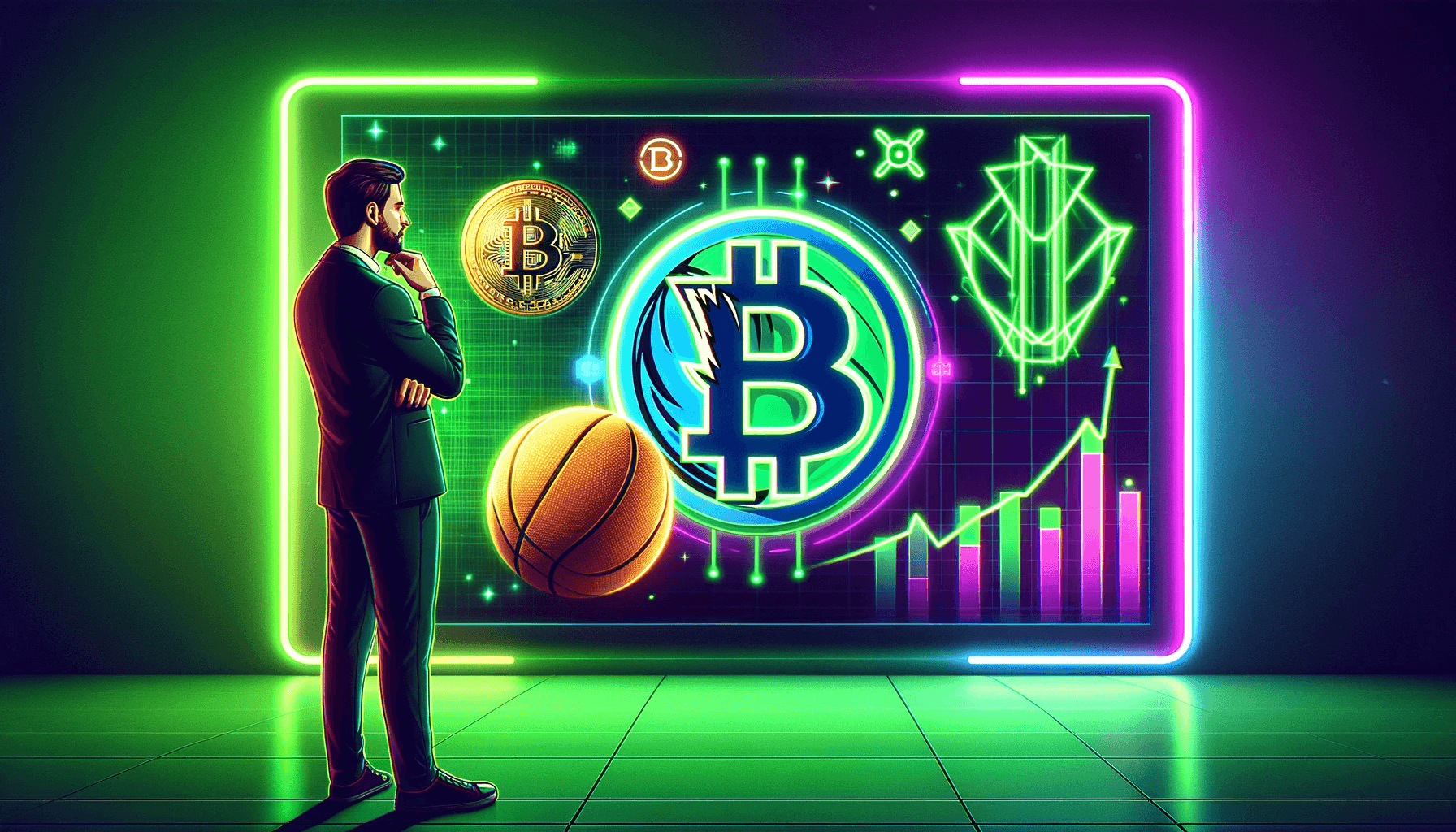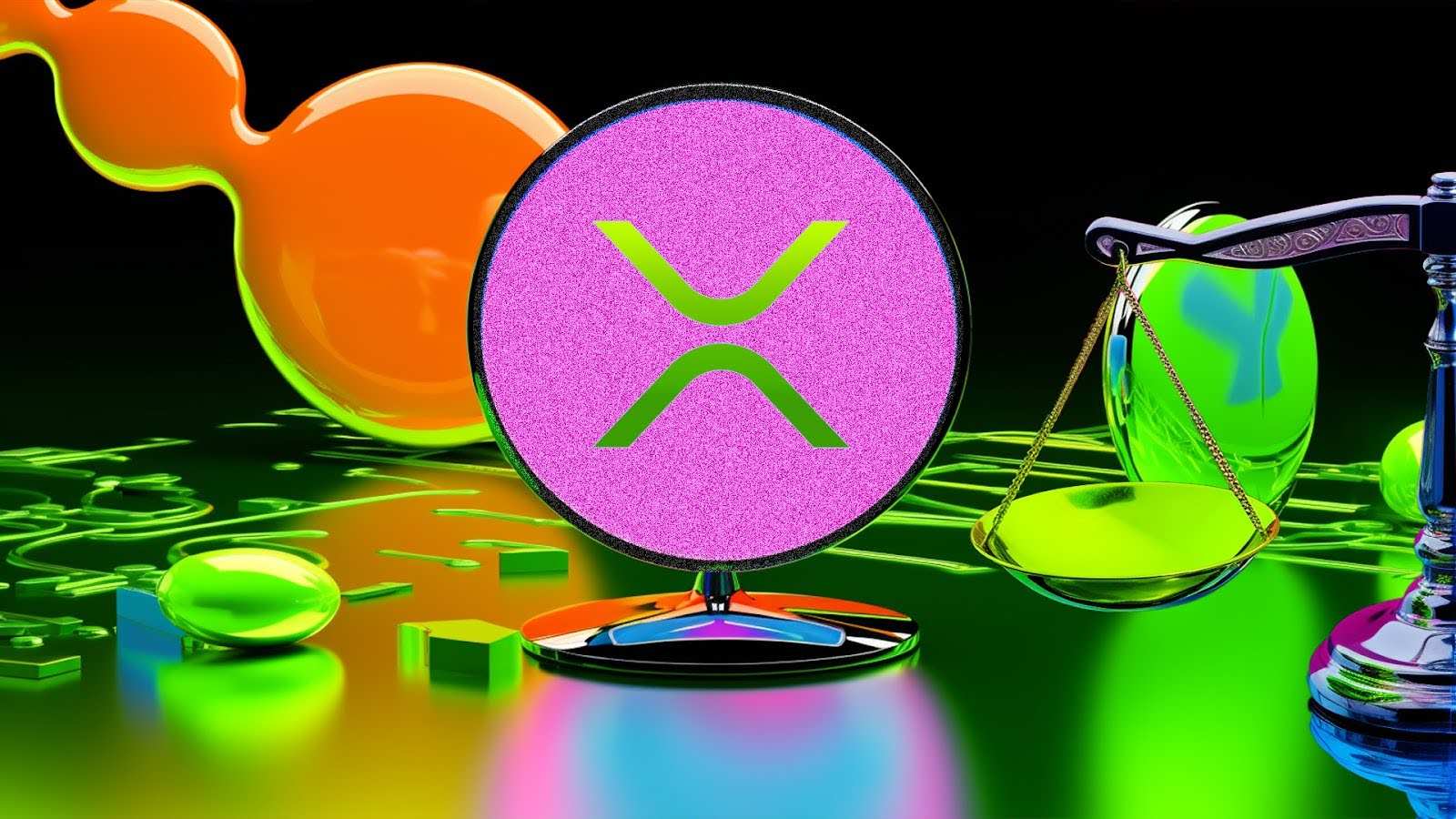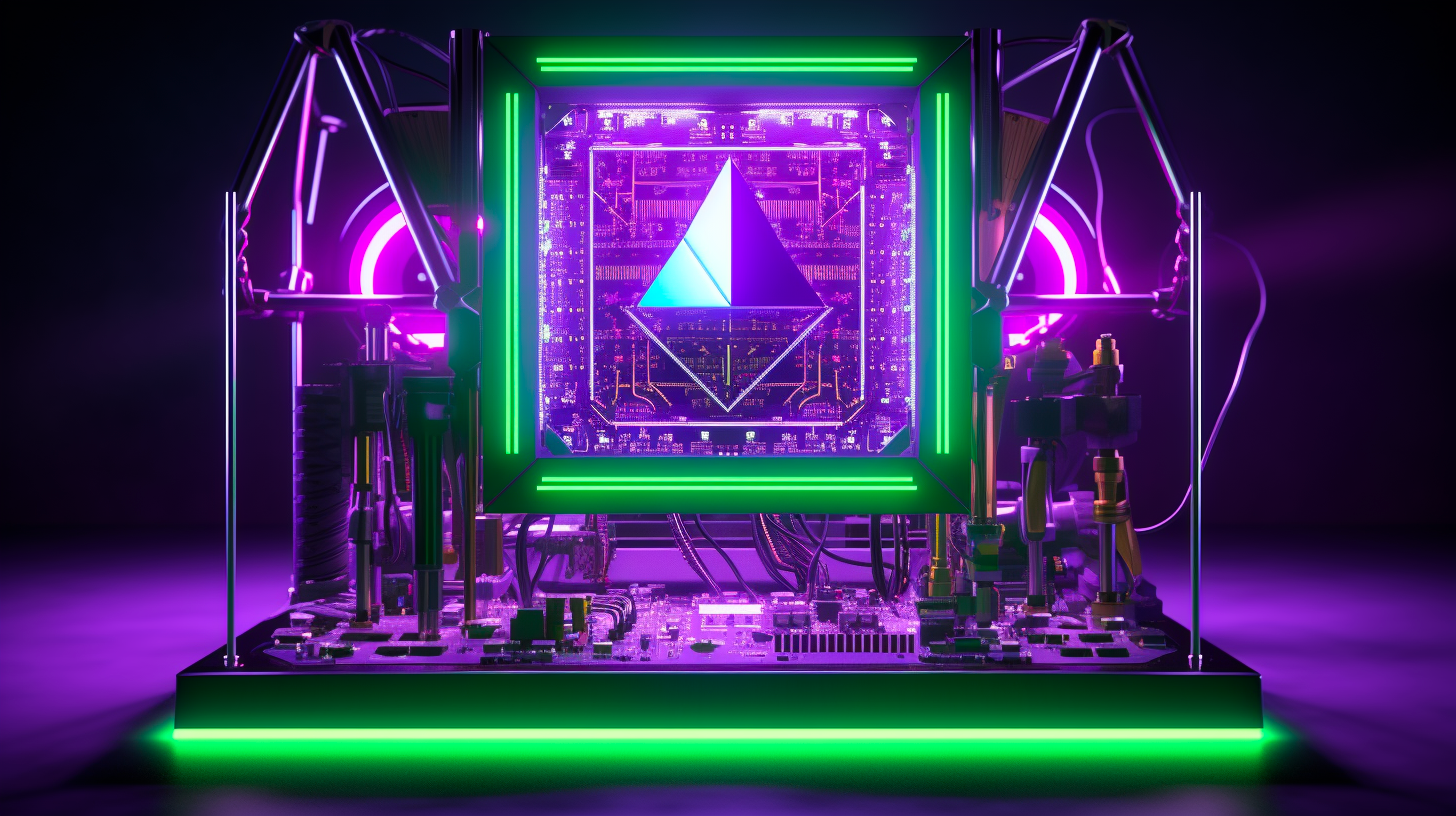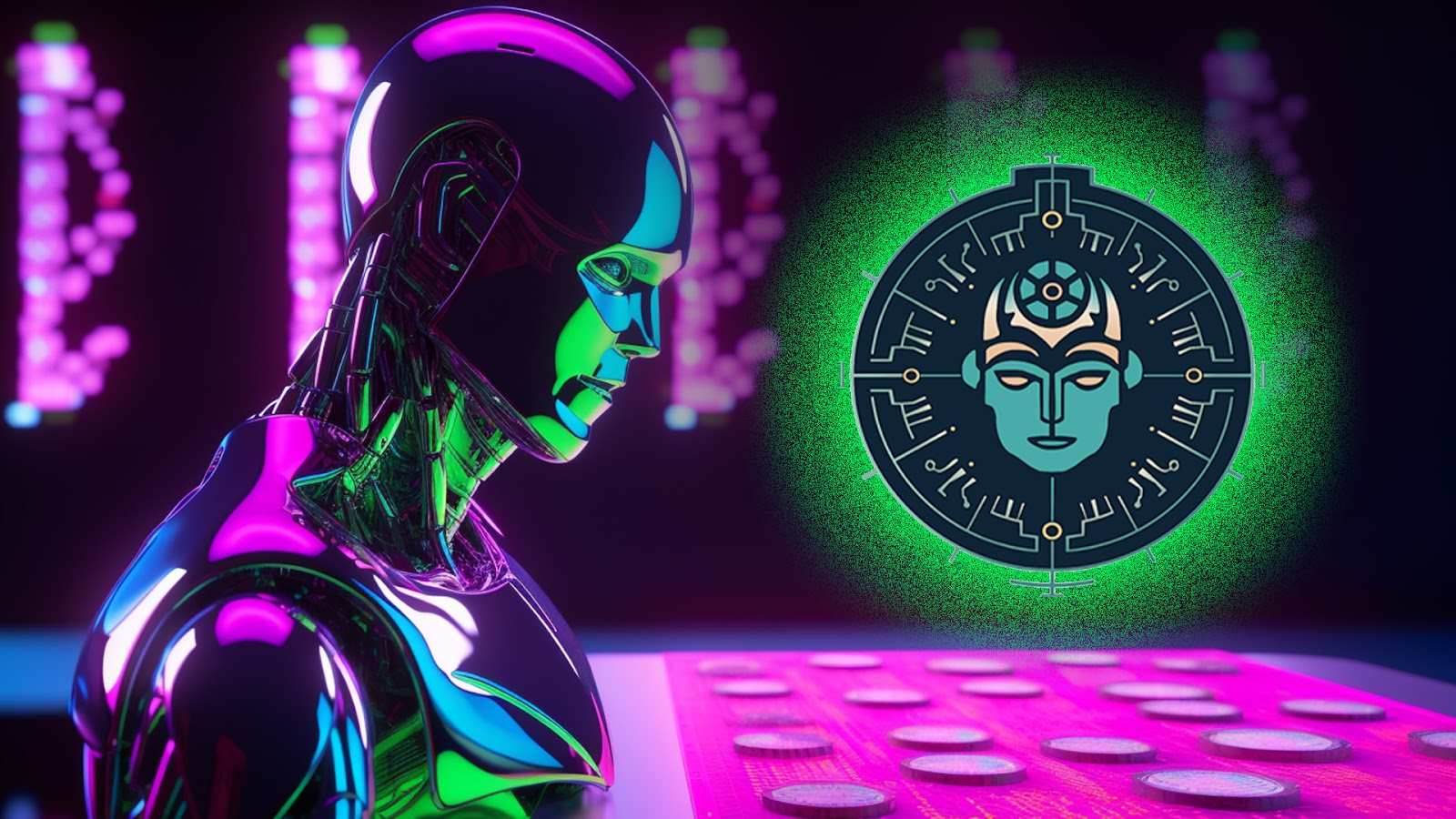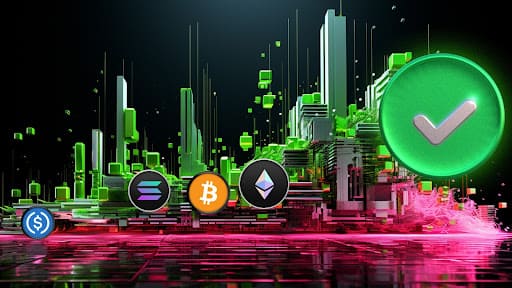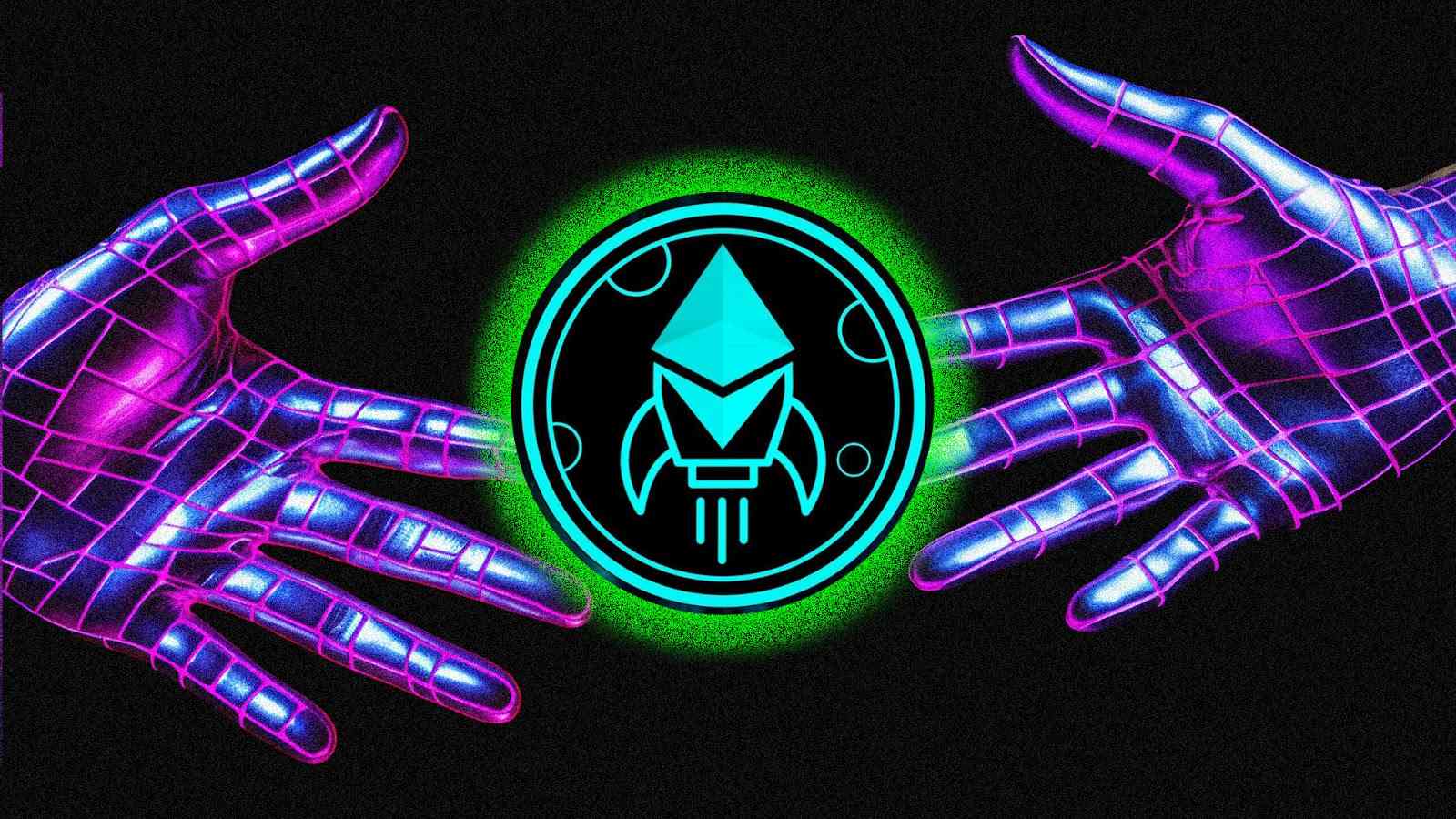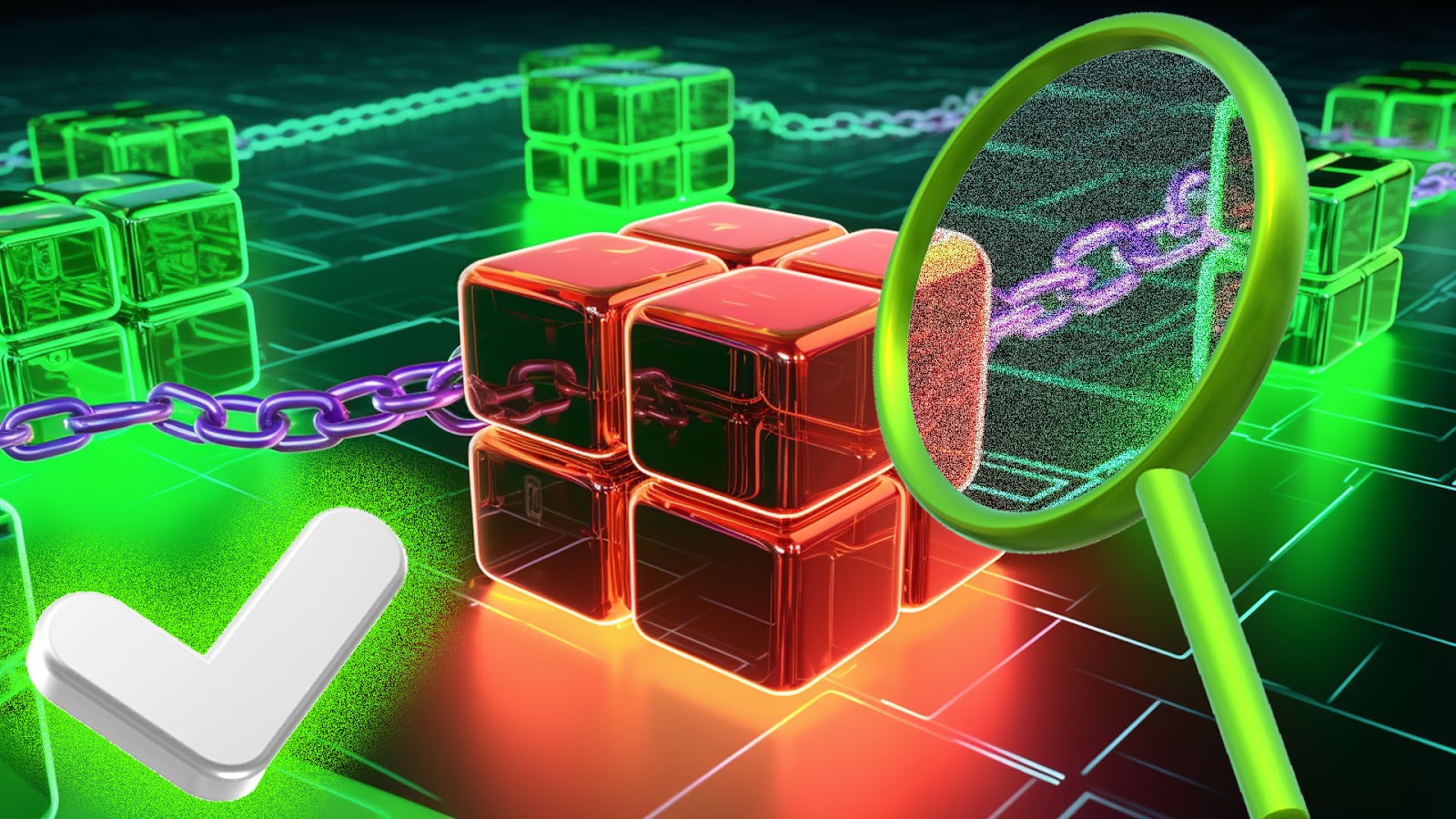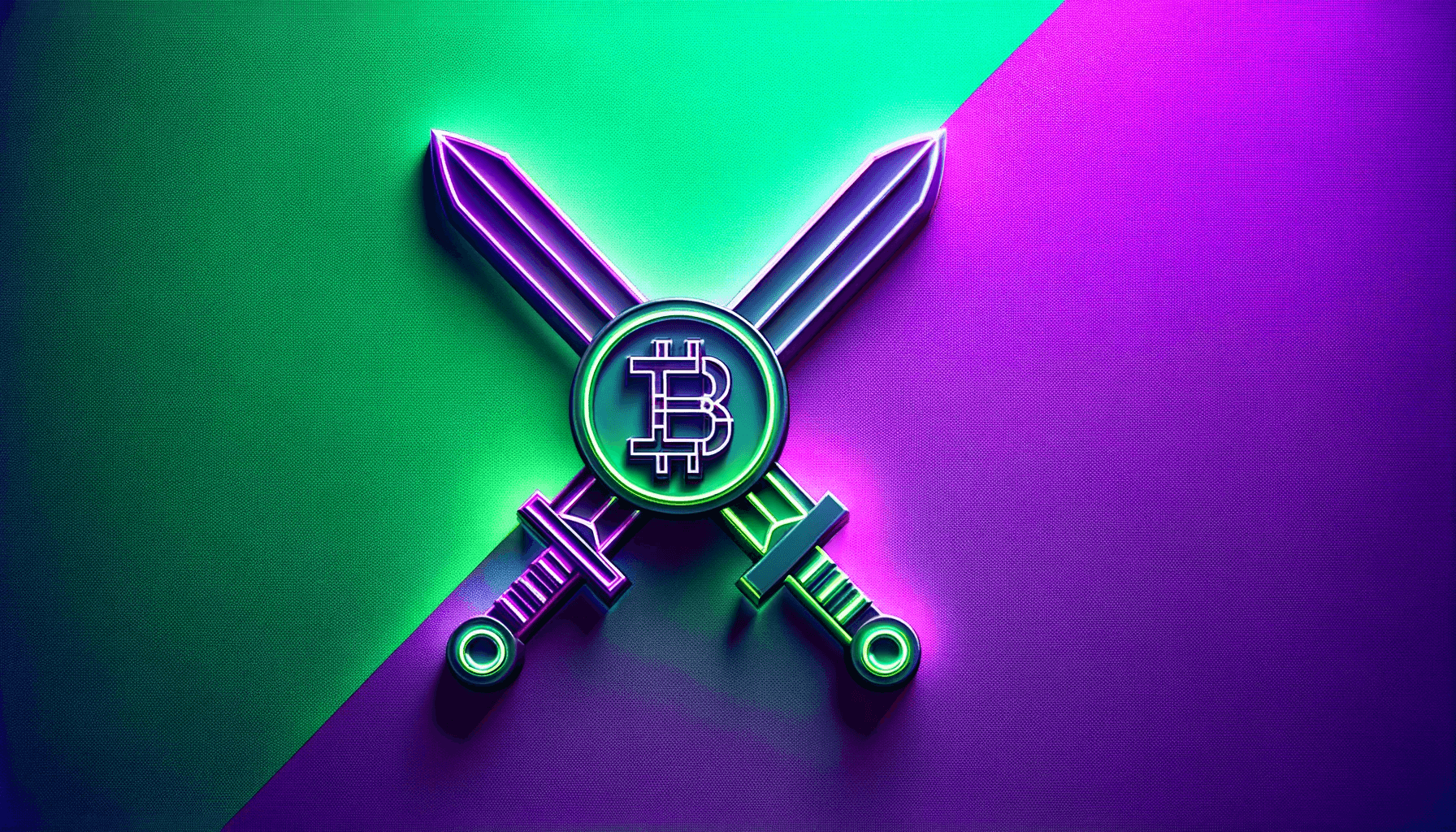
Two formidable contenders have emerged as leaders in the decentralized finance (DeFi) space, AVAX vs Solana. These two blockchain platforms have not only become leaders, but trailblazers in the DeFi space, each offering unique solutions and innovations that set them apart.
AVAX, powered by the robust Avalanche Consensus Protocol, and Solana ($SOL), with its exceptional scalability and hybrid consensus mechanism, have become synonymous with cutting-edge technology and transformative approaches to decentralized financial ecosystems.
As the demand for efficient and secure decentralized solutions continues to grow, AVAX and Solana stand as pillars of innovation, guiding the world of finance towards a decentralized future. Their emergence as leaders heralds a new era in DeFi, where competition fosters progress, and users witness the unfolding of groundbreaking advancements in blockchain technology.
TABLE OF CONTENT
Scalability
Consensus Mechanism
Smart Contract Functionality
Decentralization
Security
Avax vs Solana - Conclusion
Avax vs Solana - FAQ
Scalability
AVAX:
-
Unveiling the true power of scalability, AVAX, powered by the Avalanche Consensus Protocol, stands as a beacon of efficiency.
-
Beyond traditional scaling methods, AVAX introduces subnets and custom blockchains, providing an adaptive and highly scalable ecosystem.
-
This scalability extends beyond just transaction processing; it opens avenues for a multitude of decentralized applications (dApps) and use cases.
Solana:
-
Solana's claim to process up to 65,000 transactions per second is a testament to its extraordinary scalability.
-
The integration of Proof of Stake (PoS) and Proof of History (PoH) empowers Solana to deliver lightning-fast transaction processing without compromising security.
-
Solana's scalability is not merely a quantitative metric but a gateway to a seamless and efficient user experience across the DeFi spectrum.
-
In essence, both AVAX and Solana showcase scalability as a cornerstone, each with its unique approach to handling the increasing demands of the crypto space.
Consensus Mechanism
AVAX:
-
AVAX's Avalanche Consensus Protocol not only prioritizes decentralization but also ensures rapid consensus.
-
The incorporation of subnets and custom blockchains provides a unique approach, offering tailor-made solutions for diverse applications.
-
The AVAX consensus mechanism, by design, fosters a distributed network where nodes reach agreement quickly, creating an environment conducive to scalability and security.
Solana:
-
Solana's hybrid consensus mechanism, combining PoS and PoH, addresses the challenges faced by traditional blockchains.
-
The result is a secure and scalable platform, striving for a delicate equilibrium between decentralization and speed.
-
Solana's consensus mechanism is not just a technological feat; it's a testament to the platform's commitment to achieving a perfect synergy between security, decentralization, and efficiency.
AVAX vs Solana, through their consensus mechanisms, exemplify how cutting-edge technology can be harnessed to create robust and reliable decentralized networks.
Smart Contract Functionality
AVAX:
-
Breaking barriers, AVAX supports the Ethereum Virtual Machine (EVM), fostering compatibility with existing Ethereum smart contracts.
-
Developers exploring new horizons can seamlessly transition from Ethereum to AVAX, unlocking a myriad of possibilities.
-
This compatibility extends beyond smart contracts; it forms a bridge between the established Ethereum ecosystem and the promising potential of AVAX.
Solana:
-
Solana's dedication to optimal smart contract performance is evident in its use of the Rust programming language.
-
The platform beckons developers with a robust environment, encouraging the creation of decentralized applications that push boundaries.
-
Solana's unique approach to smart contracts not only enhances performance but also invites developers to pioneer new and groundbreaking solutions.
-
Smart contract functionality becomes a crucial battleground where both AVAX and Solana compete not just in capability but in enticing developers and projects into their ecosystems.
Decentralization
AVAX:
-
Decentralization lies at the heart of AVAX's ethos, empowering users to actively engage in network decision-making.
-
Swift consensus, coupled with a commitment to decentralization, ensures a secure and resilient blockchain.
-
AVAX's decentralized governance model not only contributes to network security but fosters a sense of community ownership.
Solana:
-
Solana's network of validators underscores its commitment to a decentralized infrastructure.
-
The platform's approach balances speed and decentralization, addressing concerns associated with highly scalable blockchains.
-
Solana's journey toward decentralization is not just a technical evolution but a strategic move to align with the ethos of true blockchain enthusiasts.
Decentralization emerges as a defining principle, where AVAX vs Solana vie for the trust and participation of users in shaping the future of their respective ecosystems.
Security
AVAX:
-
Security is a top priority for AVAX, evident in the robust architecture of its consensus protocol.
-
The platform's design actively prevents common attack vectors, fostering a secure environment for user assets.
-
AVAX's commitment to security extends beyond technology; it forms the backbone of user confidence in the platform.
Solana:
-
Solana employs a multifaceted security approach, combining cryptographic techniques with decentralized governance.
-
Continuous efforts to identify and address vulnerabilities showcase Solana's dedication to maintaining a secure blockchain.
-
Security, for Solana, is not a static state but an ongoing journey of improvement and adaptation to emerging threats.
The battle for security transcends technical prowess, as AVAX and Solana compete not just in features but in building a fortress of trust around their platforms.
Avax vs Solana - Conclusion
In this exhilarating face-off between AVAX vs Solana, both platforms emerge as champions in their own right, catering to diverse needs within the crypto community. Whether it's AVAX's compatibility with Ethereum or Solana's lightning-fast throughput, investors and developers are presented with compelling choices.
As the crypto frontier continues to evolve, the saga of AVAX vs. Solana promises not only competition but innovation. These platforms are not just contenders; they are architects shaping the future of decentralized finance. Stay tuned for the unfolding chapters, where AVAX and Solana vie for the title of the ultimate blockchain solution, propelling the crypto landscape into new and exciting realms.
The journey doesn’t end here; it evolves with every block, every transaction, and every line of code written in the pursuit of a decentralized future. Whether you align with AVAX's interoperability or Solana's swift scalability, the decision lies at the intersection of technology, vision, and the ever-expanding horizons of the crypto frontier. The journey is just beginning, and the destination holds the promise of a decentralized utopia yet to be fully realized.
Avax vs Solana - FAQ
What is the main difference between AVAX and Solana?
AVAX and Solana differ in their consensus mechanisms, scalability approaches, and smart contract functionalities. Whil
e AVAX uses the Avalanche Consensus Protocol and supports Ethereum Virtual Machine (EVM) compatibility, Solana employs a hybrid consensus mechanism and focuses on optimal smart contract performance using the Rust programming language.
How does AVAX ensure security in its blockchain?
AVAX prioritizes security through its robust consensus protocol architecture, actively preventing common attack vectors. The platform's commitment to security extends beyond technology, forming the backbone of user confidence in the platform.
What makes Solana stand out in terms of scalability?
Solana boasts extraordinary scalability, claiming to process up to 65,000 transactions per second. Its hybrid consensus mechanism, combining Proof of Stake (PoS) and Proof of History (PoH), enables lightning-fast transaction processing without compromising security.
Can developers easily transition from Ethereum to AVAX for smart contract development?
Yes, developers can seamlessly transition from Ethereum to AVAX as it supports the Ethereum Virtual Machine (EVM), fostering compatibility with existing Ethereum smart contracts. This allows developers to explore new possibilities and bridge the established Ethereum ecosystem with the potential of AVAX.
Want More Cutting-Edge Crypto News?
Follow Us: X TikTok Instagram Telegram LinkedIn
Sign up to our newsletter at the bottom of the page
Check Out Our Top 10 Crypto Currencies of 2024
This article is intended for educational purposes and is not financial advice.






